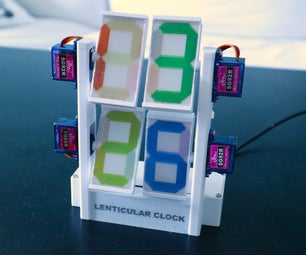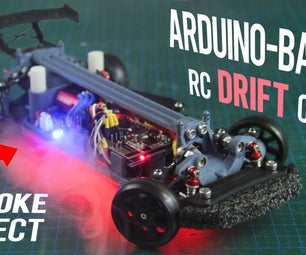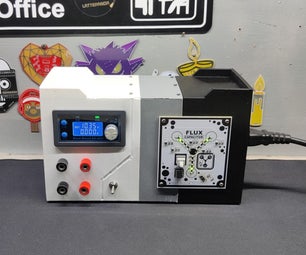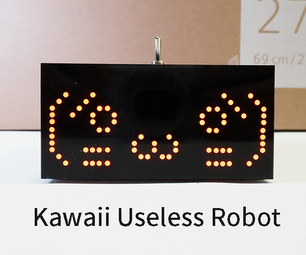Introduction: Backpack #4: Breadboard
SPIKE Prime Backpacks are extensions for LEGO Education SPIKE Prime.
This backpack allows you to connect your SPIKE Prime with LEDs, buttons, switches and joysticks to create prototypes to control SPIKE Prime.
We also have a Camera Backpack that lets you integrate image processing and machine vision, a Grove Sensor Backpack that allows you to connect cool sensors, a Pyboard Backpack that lets you connect to the WiFi, a Micro:bit Backpack that enables radio communication.
Supplies
Pyboard: (link)
Pyboard break out board: (link)
Header pins
- 1x14 Male - 2 (link)
- 1x14 Female - 2 (link)
- 1x2 Male - 2 (link)
- 1x4 Male - 4 (link)
- 1x2 Female - 1 (link)
- 1x4 Female - 2 (link)
- 1x8 Male 1.27 header pins -1 (link)
LEGO beams
- 1x3 -1
- 1x7 -1
LEGO pegs - 6
LEGO Distance Sensor connector -1 (From the SPIKE Prime kit)
220 ohm resistor - 1
Blue LED - 1
Tools
A color printer (Optional)
Scissors (or laser cutter)
Soldering supplies
PCB Milling machine (Optional)
Step 1: Printing PCB
The PCB will connect the Pyboard's pins to both SPIKE Prime and the breadboard.
Go to the Google Drive folder and download "breadboard.fzz" file. There are many companies that can manufacture PCBs for you. Find the one that is nearby. You will need to print both PCB designs present in the file.
OR,
You can do it at your home. Follow the instructions here. https://www.instructables.com/id/DIY-PCB-Etching.... If you want to open the file go to https://www.instructables.com/id/DIY-PCB-Etching.... and download/install Fritzing on your computer and open the design on your computer.
Step 2: Soldering Header Pins on PCB
Solder 2- 1x14 Male header pins on the Pyboard breakout board.
Be careful: The SD card slot on Pyboard may touch the header pins you just soldered. To avoid that place an electrical tape on top of the SD card slot on the Pyboard.
Solder two 1x2 Male header pins, four 1x4 Male header pins, one 220 ohm resistor and one blue LED to the Pyboard Top PCB Board from the Google Drive (one of the two boards that you will need to print).
Also, solder two 1x4 Female header pins and one 1x8 Male 1.27 header pins to the Pyboard Bottom PCB Board from the Google Drive (the other board that you will need to print).
Step 3: 3D Printing
3D print the files.
The 3D prints were built using Form 2 Printer. You may need to adjust the dimension based on your printer and you may need to sand down the sides to press fit.
Attachments
Step 4: Assembling Breadboard
Install the breadboard into the 3D-printed case
Note: install the power board first, then install the main board.
Step 5: Assembling Pyboard Top PCB Board
Connect the Pyboard on the Pyboard Breakout Board
Connect the Pyboard Top PCB Board to the Pyboard Bottom PCB Board. Make sure the pins are aligned as shown in the picture above.
Step 6: Assembling the Pyboard Top PCB Board on the Case
Connect the assembly of Pyboard PCB Boards to the breadboard in the 3D printed case .
Note: pins on the PCB and breadboard should be aligned as shown in the picture
Step 7: Assembling Connector
Flip the 3D printed case and you will be able to see the connector pins. Install the SPIKE Prime Distance Sensor connector to the Pyboard Bottom PCB Board.
Use screws from the Distance Sensor to connect the case and the sensor connector.
Step 8: Assembling Covers
Install the cover of the case.












